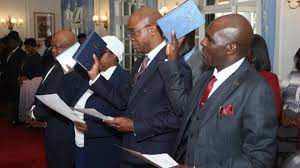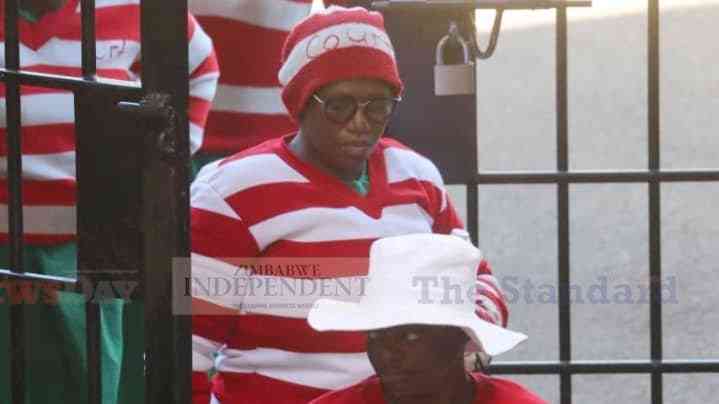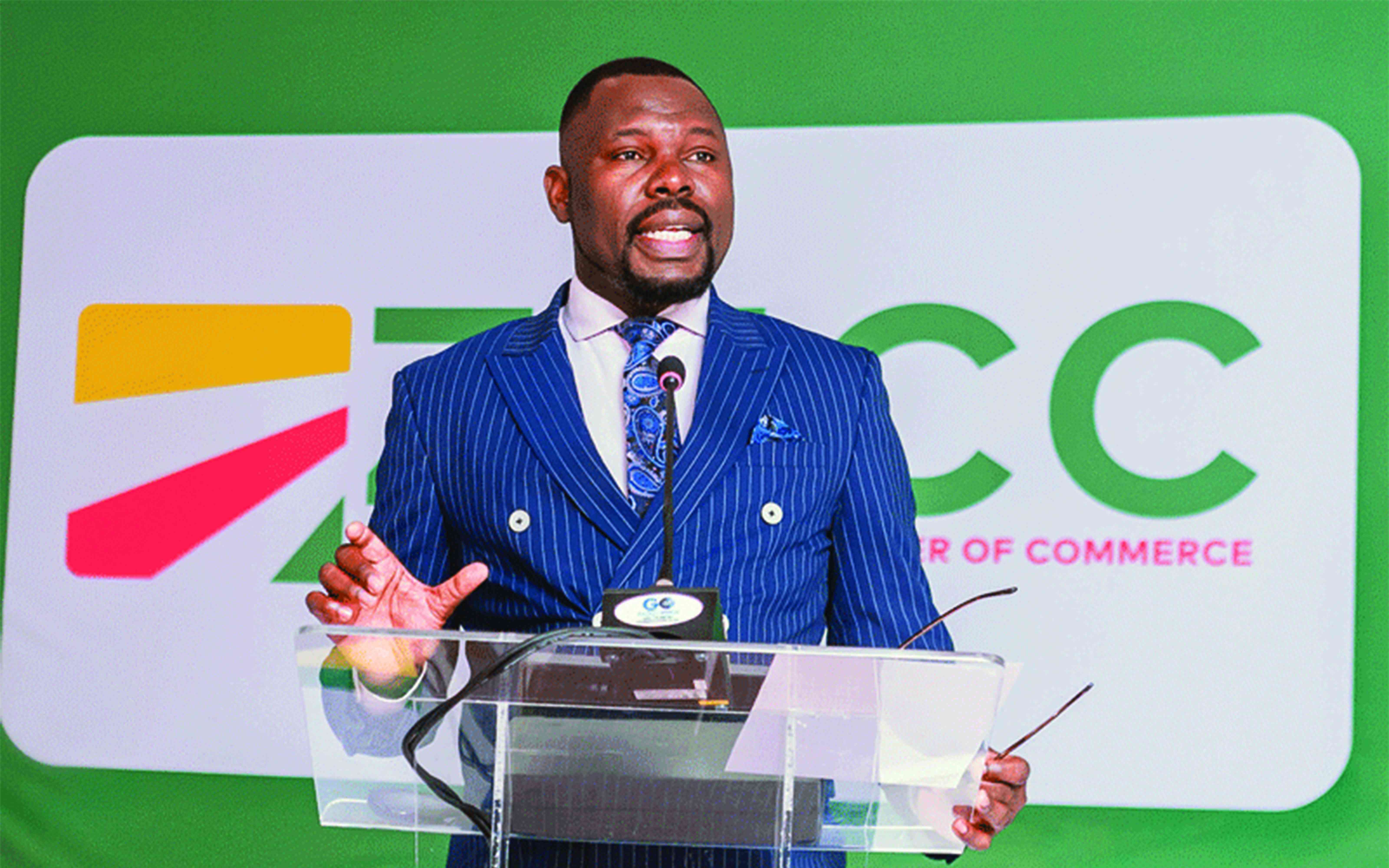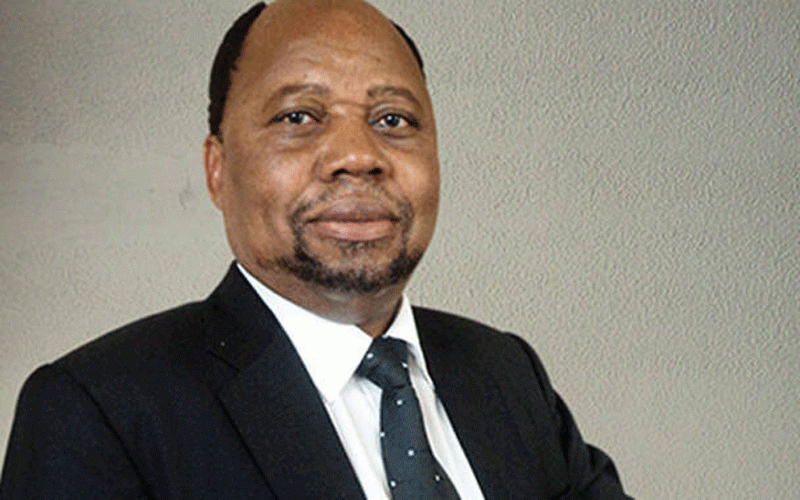
THE recent appointment of retired Justice Webster Chinamora and Zanu PF legislator Oliver Mandipaka to the Zimbabwe Independent Complaints Commission (ZICC) has sparked widespread criticism,with analysts questioning whether the institution can maintain its independence and integrity.
The ZICC was established under the Zimbabwe Independent Complaints Commission Act of 2022. Its mandate is to investigate complaints made by individuals against the misconduct of security service members in the execution or purported execution of their duties.
President Emmerson Mnangagwa appointed Chinamora and Mandipaka, alongside Elizabeth Rutsate (lawyer), Kudakwashe Muchena (psychologist) and Andrew Mataruse (medical doctor), to the constitutional body last week.
Chinamora, who resigned from the judiciary under what was described as controversial circumstances in 2023, will chair the commission. Mandipaka, a Zanu PF member and former assistant police commissioner, raises further concerns due to his active ties to the ruling party. ZICC's formation comes four years after state security forces shot and killed numerous civilians protesting delays in the announcement of election results in 2018.
While Mnangagwa convened a commission chaired by former South African president Kgalema Motlanthe to investigate the killings, the commission’s recommendations are yet to be implemented, raising doubts about the government’s commitment to holding security forces accountable for human rights abuses.
Critics argue that Mnangagwa’s close ties with the military — instrumental in his rise to power through the 2017 coup — further casts doubt on whether he has the political will to subject Zimbabwe’s security forces to scrutiny.
Chinamora and Mandipaka were selected from a pool of 35 candidates, including several prominent figures with strong ties to Zanu PF and the security sector, interviewed by Parliament earlier this year.
The shortlist included military figures such as Brigadier General Lucky Bangiza, Retired Brigadier General Kalisto Gwanetsa, and Retired Air Commodore Marcelino Jaya.
- Corruption Watch: Get scared, 2023 is coming
- Corruption Watch: Get scared, 2023 is coming
- Letters: Ensuring Africa’s food security through availability of quality seeds
- Is military's involvement in politics compatible with democracy?
Keep Reading
Chinamora’s suitability to lead the commission has also been questioned due to his controversial exit from the judiciary. Chinamora’s suitability to lead the commission has also been questioned due to the controversy surrounding his exit from the judiciary
In 2023, Mnangagwa appointed a tribunal to investigate Chinamora’s conduct amid complaints of gross incompetence. Among the allegations was a case where Chinamora issued a ruling on a matter he had not presided over, leaving behind a backlog of reserved judgments upon his resignation.
However Chinamora this week explained to the Independent that he resigned from the bench on medical grounds.
“I am glad you have asked that question, because no one has ever asked me why I resigned. I resigned in November 2023 on medical grounds after being diagnosed with prostate cancer,” he said.
Political analyst Reuben Mbofana expressed concern over Chinamora’s appointment
“The integrity of ZICC is severely compromised by the appointment of Chinamora due to his discredited tenure as a High Court Judge," Mbofana said.
"There were numerous accusations of gross incompetence, which led Mnangagwa to establish a tribunal to investigate the judge. Therefore, having such a person on a commission mandated to hold members of a powerful institution as the security service is a travesty of justice.”
As the new head of ZICC, Chinamora is legally required to invite the heads of security services to appoint a serving or retired member to join the commission during investigations or inquiries into misconduct by security service members, past or present.
Three members of the commission shall constitute a quorum.
Another analyst, Rashweat Mukundu, echoed Mbofana’s concerns, questioning the government’s sincerity in establishing the commission.
He said: “There is absolutely no seriousness on the part of the government. Chinamora resigned under a cloud of accusations.
“To have him appointed to a commission that must address complaints against one of the key state institutions makes a mockery of the seriousness of the government. Chinamora does not bring any confidence in that regard.”
In accordance with the ZICC Act, the commission will investigate complaints against officers from the military, police, prison services, and the Central Intelligence Organisation.
The law requires the commission to include a legal practitioner, psychologist, medical practitioner, and an individual with a proven track record in the security sector.
According to the prescribed dictates, the commission will be presided over by a chairperson who is: “eligible for appointment as a High Court Judge or is a sitting judge or former judge, appointed by the President (after consultation with the Judicial Service commission)”.










